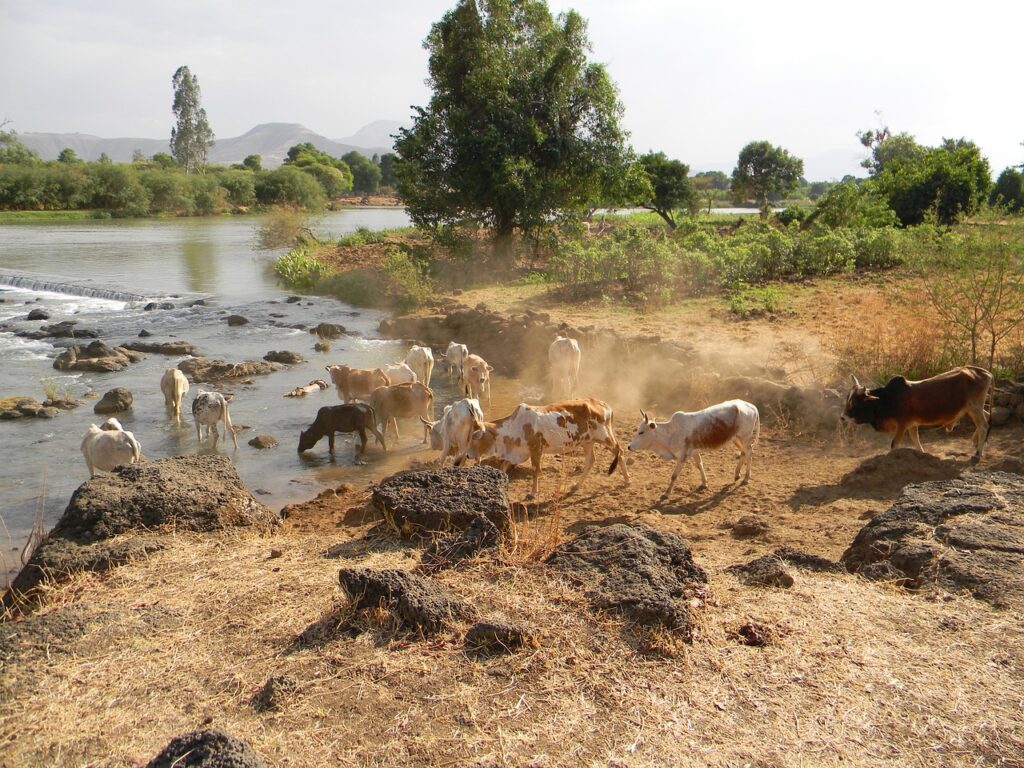How can we better understand smallholders’ challenges in animal farming?

Animal diseases not only contribute significant productivity losses, but disease, and lack of access to appropriate treatment, also increase the vulnerability in smallholders farming with direct negative consequences for rural livelihoods. While animal disease is a real and significant threat to sustainable smallholder farming systems which includes animals, it is at the same time only one of many challenges that smallholders face, and disease management is sometimes a lower priority than other, more immediately pressing livelihood issues. Understanding the role of disease as one of many challenges in smallholder farming, the heterogenous possibilities to act on disease and other animal management challenges in the smallholder context has repeatedly been emphasised as key for designing more successful interventions aiming to improve animal health and rural livelihoods in the global South.
In this half-day seminar, we will listen to presentations that from different angles help us understand some of smallholders’ challenges in animal production, as well as identify important research gaps. With these presentations as a starting point we will have a moderated discussion about how research that starts from smallholders’ perspectives and practices can contribute to better attuned research in animal health, management and production and policy for smallholders in the global South. Issues that will be discussed include how to account for power and heterogeneity in local communities, what is important to think about for successful interdisciplinary and participatory research and what role social science can play in veterinary medicine.